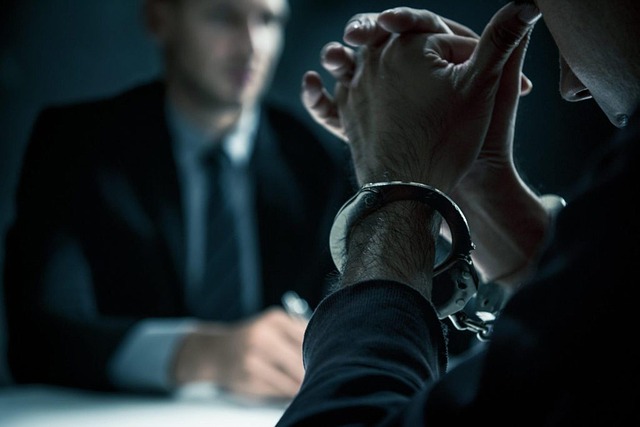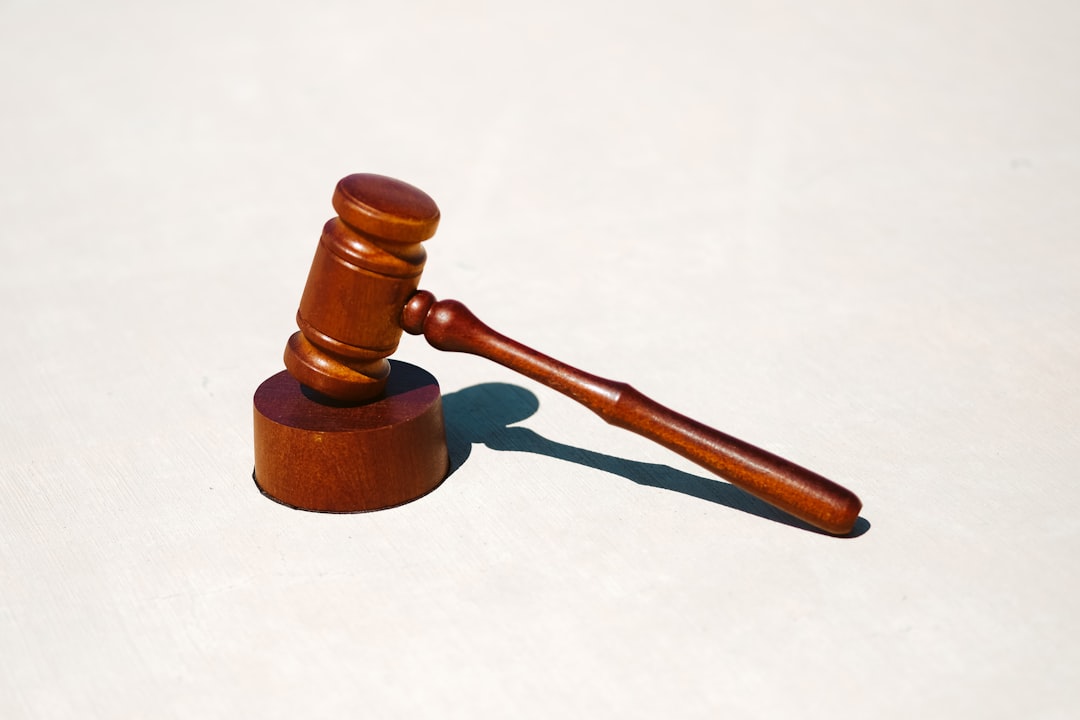In Rockford, Illinois, DNA evidence is a double-edged sword in rape cases. While powerful, rapists with legal representation can challenge its validity through strategic questioning of collection processes, potential contamination, and laboratory interpretation variations. Skilled rape lawyers navigate these complexities, ensuring fair trials. In Illinois, these attorneys rigorously scrutinize DNA sample handling, protecting client rights and leveraging expert testimony to challenge inaccurate matches. They've secured not-guilty verdicts by presenting alternative interpretations and meticulous case preparation, demonstrating the importance of strategic advocacy in navigating DNA evidence issues in rape trials.
In Rockford, Illinois, DNA evidence plays a pivotal role in rape cases. For rapists seeking defense strategies, understanding this scientific proof is crucial. This article guides through the intricacies of challenging DNA evidence, from appreciating its power to employing specific legal tactics. Explore key areas such as recognizing admissibility challenges, leveraging expert testimony, and studying successful strategies employed by top rape lawyers in Illinois. Equip yourself with knowledge to navigate these complex cases effectively.
Understanding DNA Evidence: A Rapist's Defense Strategy in Illinois

In the context of rape cases in Rockford, Illinois, understanding DNA evidence is paramount for both prosecutors and defenders alike. DNA, or deoxyribonucleic acid, is a powerful tool used to establish genetic connections between suspects and victims. It can provide irrefutable proof of sexual assault, linking an individual to the scene of the crime through bodily fluids, skin cells, or other trace evidence. However, for rapists seeking legal representation, challenging DNA evidence presents a crucial defense strategy.
A rape lawyer in Illinois, or any reputable rape law firm in the state, will employ various methods to question the reliability and admissibility of DNA results. This may include examining the collection process to ensure it was conducted properly, questioning potential contamination during storage or testing, and exploring variations in interpretation among different laboratories. By leveraging these tactics, a skilled rape attorney in Illinois can create reasonable doubt in the minds of jurors, potentially leading to acquittals or reduced sentences for their clients. For individuals facing serious charges, retaining a specialized rape lawyer is essential to navigate the complexities of DNA evidence and ensure they receive a fair trial.
Challenges to Admissibility: When DNA Can Be Excluded from Court

Challenges to Admissibility: When DNA Can Be Excluded from Court
In Rockford, Illinois, as in many jurisdictions across the country, the admissibility of DNA evidence in rape cases is subject to strict legal guidelines. While DNA can be a powerful tool in proving guilt or innocence, it’s not infallible. Rape lawyers in Illinois and attorneys specializing in sexual assault cases are well-versed in challenging DNA evidence when appropriate. They understand that contamination, misinterpretation, or outdated techniques can lead to the exclusion of potentially exculpatory DNA results.
Rape attorneys in Illinois often scrutinize the collection and handling of DNA samples to ensure their integrity. Issues such as improper storage, unauthorized access, or inadequate chain-of-custody documentation can compromise the evidence’s admissibility. If a Rockford rape lawyer identifies any irregularities or doubts the reliability of the DNA findings, they will vigorously argue against its admission in court. This is crucial for protecting the rights of their clients and ensuring a fair trial in cases involving sexual assault.
Expert Testimony and Cross-Examination: Weaving Doubt in Jury Trials

In rape cases in Rockford or across Illinois, challenging DNA evidence is a crucial strategy for rape lawyers and attorneys to employ. Expert testimony plays a significant role here. A well-qualified expert can offer insights into the potential sources of contamination during collection or analysis, casting doubt on the reliability of the results. During cross-examination, these experts can be quizzed about their methods, training, and any known errors in their past testimony. This process aims to expose weaknesses in the prosecution’s case, creating reasonable doubt in the minds of jurors.
Rape attorneys often use intricate cross-examinations to undermine the integrity of DNA evidence. They might question the protocol followed during collection, the cleaning procedures, or even the expertise of the laboratory technicians. By presenting alternative explanations and potential alternatives, rape lawyers in Illinois can create a reasonable doubt about the accuracy of the DNA matching. This strategic approach is essential for protecting the rights of the accused and ensuring fair trials in these sensitive cases.
Case Studies: Successful DNA Challenge Strategies by Illinois Rape Lawyers

In Illinois, rape lawyers and attorneys have successfully employed various strategies to challenge DNA evidence in rape cases. One notable approach involves scrutinizing the collection and handling procedures of the evidence. For instance, a rape law firm may argue that the sample was contaminated during collection or storage, undermining its admissibility. This is particularly crucial given the sensitivity of such cases and the potential for human error.
Additionally, Illinois rape lawyers often leverage expert testimony to counter DNA evidence. They engage genetic experts who can analyze the data and present alternative interpretations, questioning the reliability of the results. By combining meticulous case preparation and robust legal arguments, rape attorneys in Illinois have secured not-guilty verdicts for their clients in numerous high-profile cases. These successful challenges highlight the importance of thorough investigation and strategic advocacy in navigating complex legal battles surrounding DNA evidence in rape trials.






